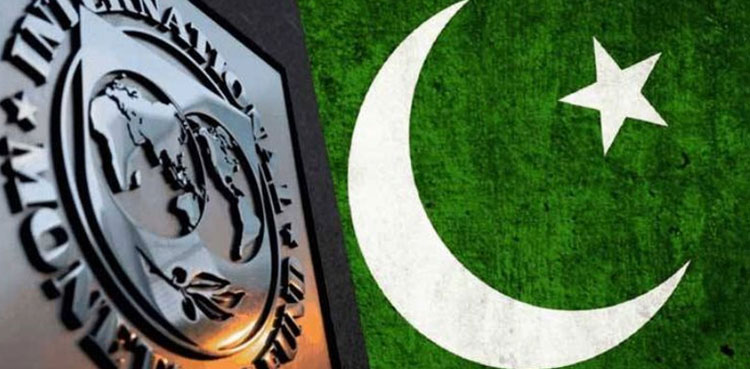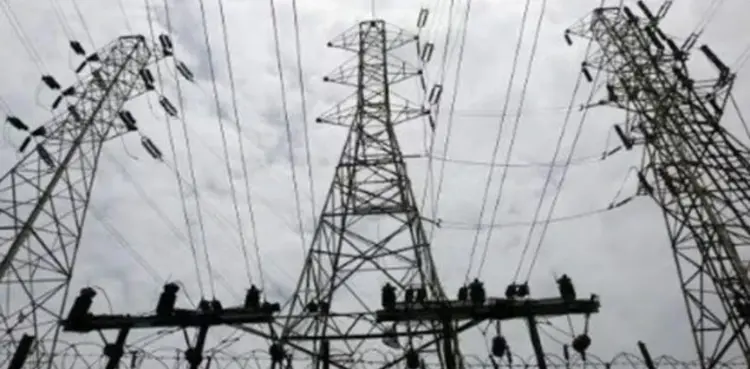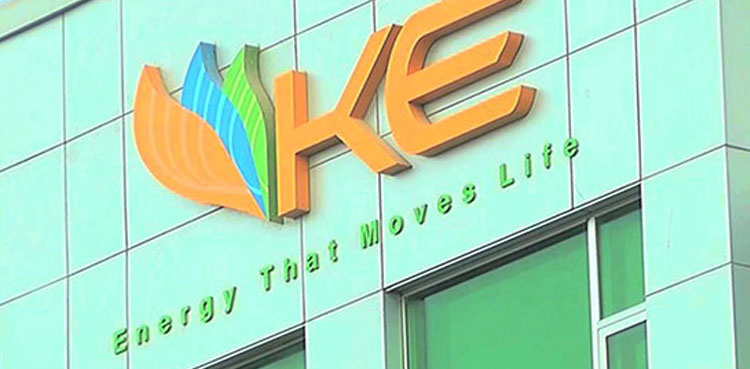ISLAMABAD: Prime Minister (PM) Shehbaz Sharif on Thursday has green signal for a probe against the four officers involved in the wheat import scandal, ARY News reported citing sources.
According to sources, the Prime Minister has appointed Secretary of Commerce, Muhammad Saleh Ahmad Farooqui, as the inquiry officer to investigate the suspended officials.
The investigation will be conducted under the Civil Servants (Efficiency and Discipline) Rules, and the suspended officials will be probed for poor planning and negligence.
Earlier, PM Shehbaz ordered the removal of four officers involved in the wheat import scandal.
The prime minister directed to suspend four officials of the Ministry of National Food Security over poor planning and negligence.
READ: Wheat scandal: PM Shehbaz Sharif suspends four officers
He gave nod for relevant action to be taken against former federal secretary of national food security Muhammad Asif.
Meanwhile, other officers who are to be suspended include former director general plant protection AD Abid, Food Security Commissioner Dr Wasim and Director Sohail and Punjab Director Food Security Imtiaz Gopang.
The development came after PM Shehbaz constituted a probe committee led by Secretary Cabinet Division Kamran Ali Afzal, to investigate the wheat scandal.
What is wheat scandal?
Pakistan’s wheat sector has been embroiled in a fresh controversy, with the recent import of 3.4 million metric tons of wheat by the caretaker government sparking widespread outrage and allegations of corruption. Despite a surplus of wheat in the country, the import deal has led to a staggering loss of over Rs300 billion to the national exchequer, raising questions about the government’s decision-making process and accountability.
To Read All the Latest Stories on Wheat Import Scandal; Click here
The crisis has dealt a severe blow to Pakistan’s farming community, with wheat farmers facing significant losses due to the government’s decision to import wheat at a higher price than the prevailing market rate. The move has led to a glut of wheat in the market, causing prices to plummet and leaving farmers struggling to sell their produce at a fair price.
The opposition and farming communities have slammed the government’s decision, terming it a “wheat scam” and demanding an immediate inquiry into the matter. The government’s insistence on importing wheat despite a domestic surplus has raised suspicions of corruption and cronyism, with many questioning whose interests the government is serving.
Read More: Wheat imported in caretaker setup despite sufficient stocks: minister
An inquiry committee has been established to investigate the scandal and fix responsibility, but the government’s credibility is at stake. The public demands transparency and accountability, and the government must act swiftly to address the concerns of the farming community and the nation at large.
The Pakistan wheat import scandal is a stark reminder of the need for good governance, transparency, and accountability in decision-making processes. The government must take concrete steps to address the crisis and ensure that such fiascos are not repeated in the future.








